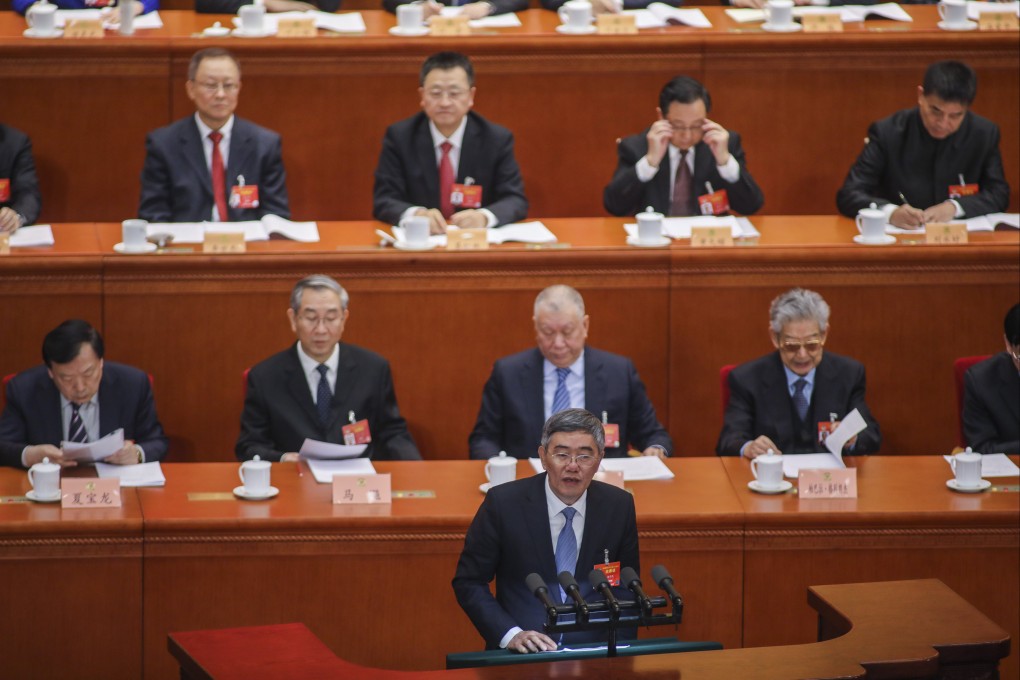China needs deep reform, not temporary fixes, to reanimate economy, former official says
- A former high-ranking economic official has called for more structural changes to guarantee sustainable growth next year and beyond
- Yang Weimin, who helped draft several of China’s most important reform documents, says market is not being given ‘decisive role’ it was promised

A former senior official has expressed concern over the slow pace of China’s economic reforms, arguing the present combination of macroeconomic policies, monetary tweaks and expansionary fiscal moves will not be sufficient to revitalise the country’s growth prospects.
“The economy is the No 1 priority for the party and government, and matters have come to a point that only real reforms, not piecemeal adjustments, can secure future growth,” said Yang Weimin, a long-term aide to former economic tsar Liu He at the Office of the Central Financial and Economic Affairs Leading Group.
Without meaningful growth via reforms, risks in finance and the property sector will precipitate
“Reforms are all about giving the market back its decisive role in allocating resources and curbing the government’s powers,” he said in an interview with mainland media outlet Caixin.
Yang, now deputy director general of the China Centre for International Economic Exchange, a government-affiliated think tank, said some hard reforms are yet to be carried out and others are so controversial that there are not yet any implementation plans for them. He added that, to the detriment of the market, government officials have become used to issuing directives to get things done amid administrative overreach.
In the coming weekend, the chorus could get louder. More like-minded economists and former officials will gather in the southern island province of Hainan for this year’s China Reform Forum commemorating the 45th anniversary of China’s reform and opening-up policy.